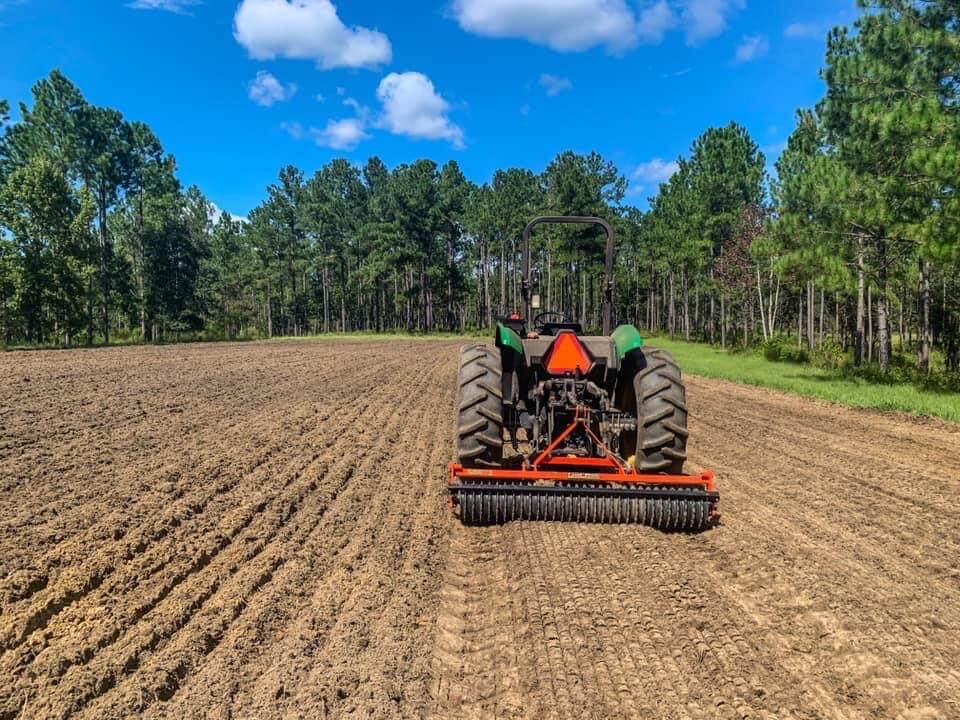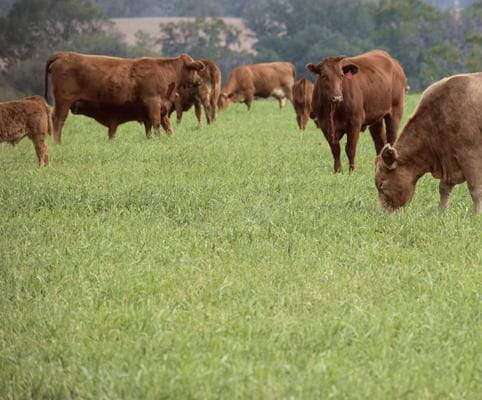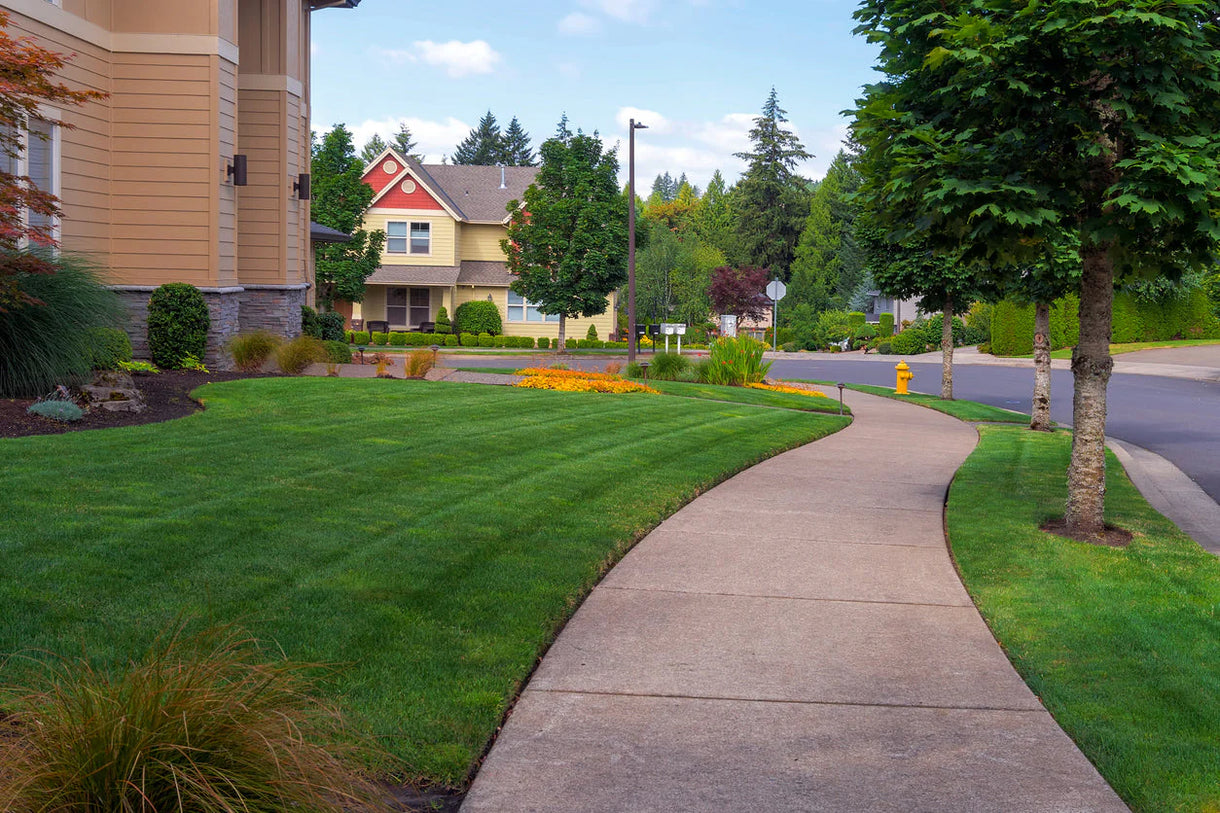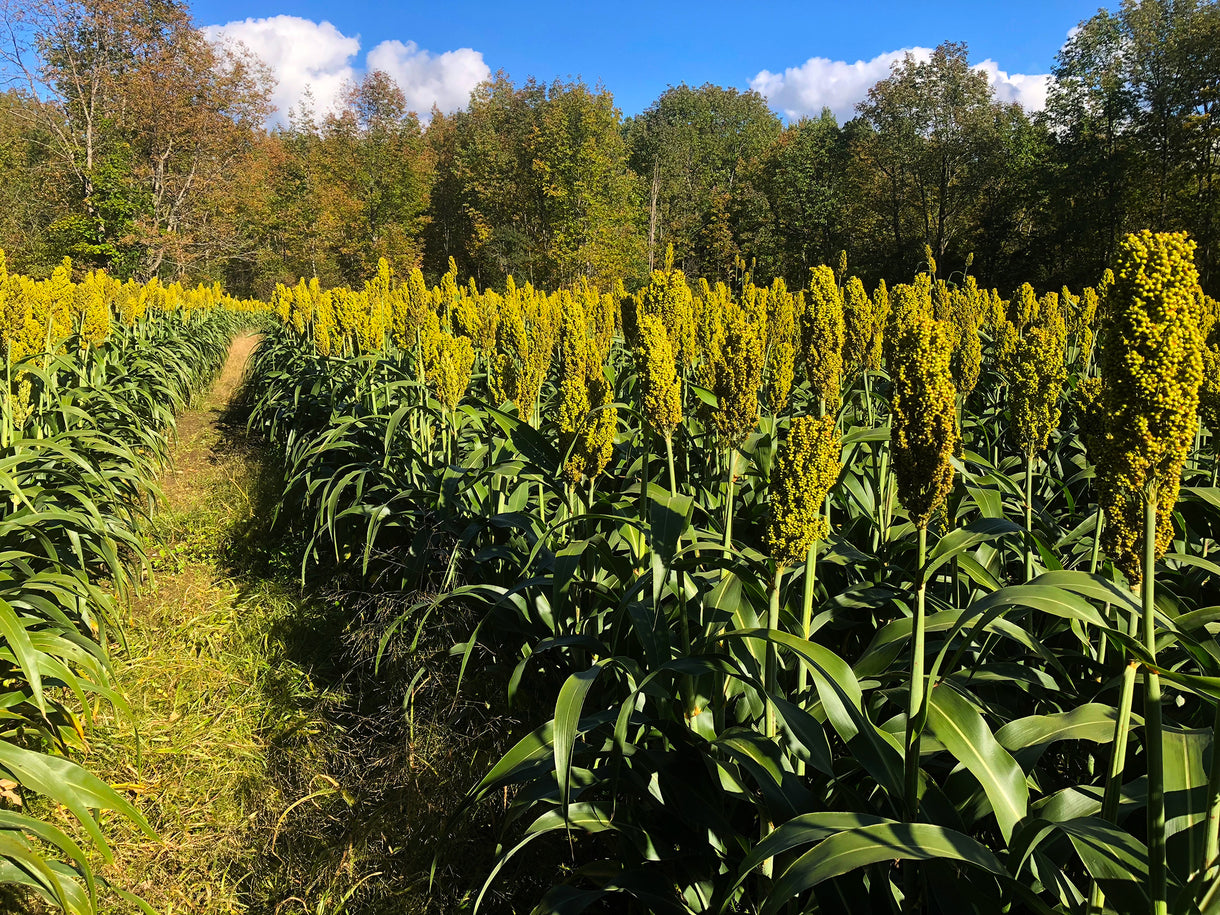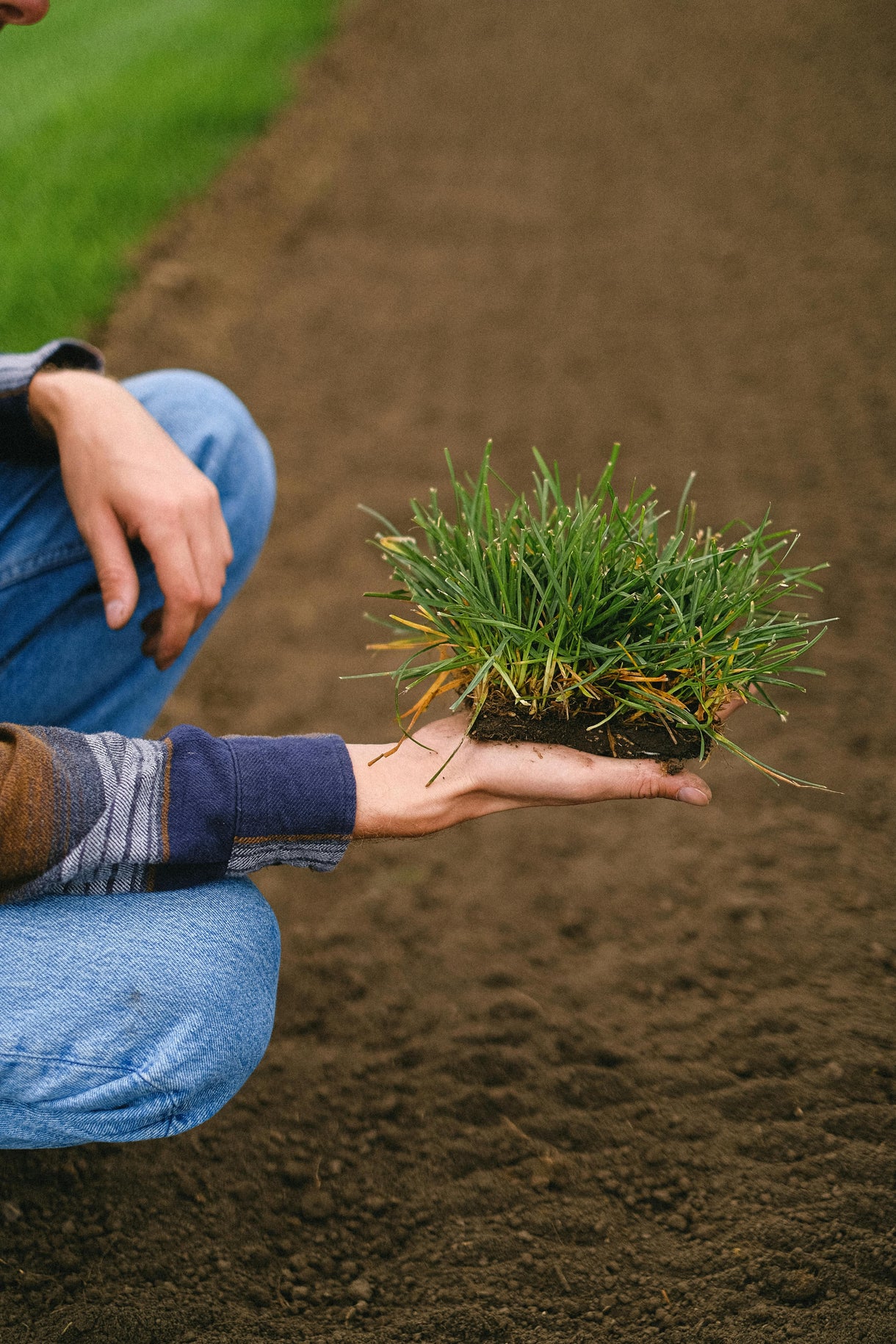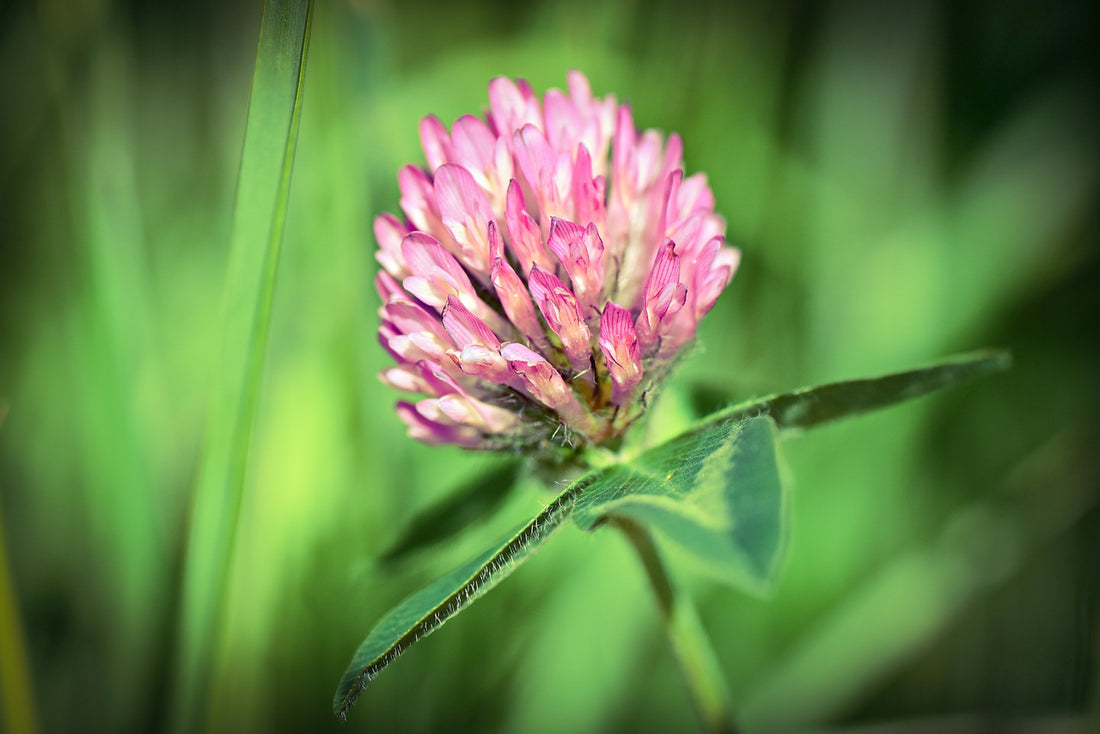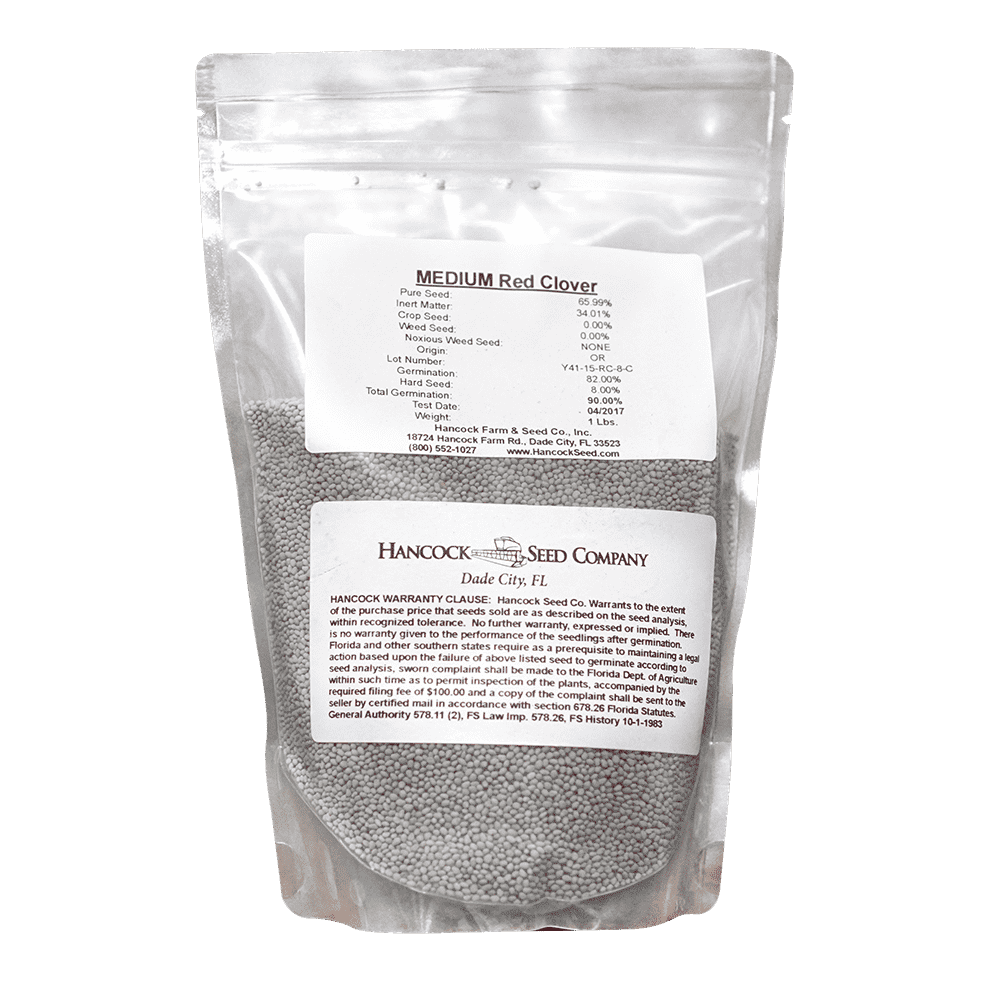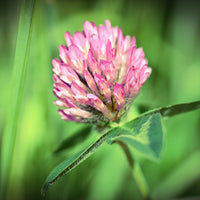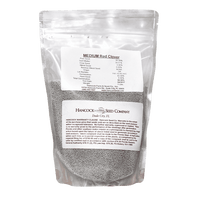Popular Products
Popular Products

Seed Quality
Hancock Seed is dedicated to delivering the best seeds possible to our customers. Hancock Seed grows and harvests many of our products, and we acquire the majority of the rest from other family farmers.
All these seeds are processed, packaged and shipped from Hancock Farm. This helps us ensure that our high standards are met. Unlike much of the competition, we refuse to sell you a seed that was not gathered during the last harvest. You will always receive fresh product from Hancock.
Every seed we grow comes with 40 years of experience behind it...you can rest assured that all of our products are cultivated in a method that assures its potential for growth.
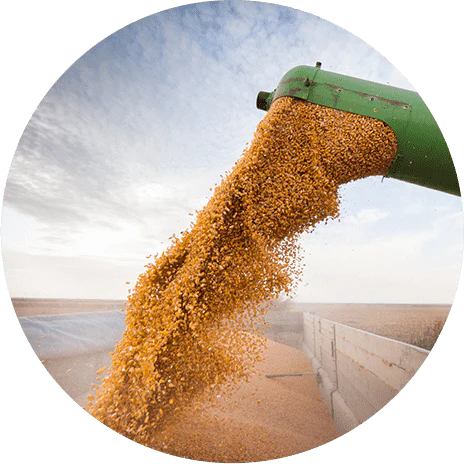
Your cart ( 0 )
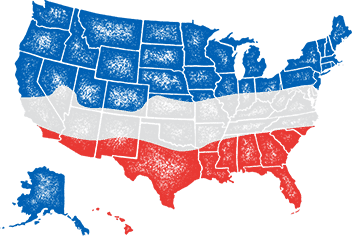
Medium Red Clover Seed is a cool season perennial best known for its abilities as a nitrogen producer. This variety of red clover has been known to fix up to 120 units of nitrogen per acre, and also serves as an effective weed suppressor.
Product Information
- Application or Use: Cattle Forage, Livestock Grazing, Food Plot, Cover Crop, Erosion Control, Nitrogen Fixer
- Germination Time: 5 - 7 days under optimal conditions
- Growing Locations: Warm Season, Transition Zone, Cool Season
- Height: 2 - 3 feet
- Sunlight Requirements: 4+ hours
- Advantages: Cool season perennial clover best known for its outstanding abilities as a nitrogen producer.
- When to Plant: Recommended planting time is fall, winter and spring when night time temperatures are consistently between 50 and 65 degrees.
Product Detail
- Cool season perennial
- Wildlife food plots, cattle forage, cover crop
- Nitrogen fixation
- Shade tolerant
- Weed suppression
Product Information
Medium Red Clover Seed is a cool season perennial clover commonly used for wildlife food plots, cattle forage, and cover crop applications. Medium Red Clover is a high nitrogen producing clover, fixing as much as 120 units per acre.
Medium Red Clover is a short-lived perennial used to supply nitrogen. Unlike other legumes, it fixes a lot of nitrogen, even in high nitrogen soils. It has shade tolerance so it can be overseeded into small grains and incorporated in May of the following year. Since Red Clover seedlings tend to be slow-growing, it benefits from a nurse crop. It forms taproots and is useful for remediation of compacted soils. Red Clover is also good for weed suppression.
This seed is coated with an inoculant. Medium Red Clover is non-GMO.
*Product packaging may appear different than what is pictured.
Medium Red Clover prefers cool weather conditions. This crop is well-adapted to a wide range of soil types and conditions. Medium red clover tolerates wet conditions better than vetch. It can be overseeded on small grains and, if the soil is not crusted, it can be overseeded in vegetable crops with no additional preparation to the land.
Drill or broadcast at 10 - 15 lbs per acre from fall through winter. Mow Medium Red Clover during the summer of the first year. It can be seeded between established rows, reducing soil compaction in well-traveled areas. Control blossoms by May, and incorporate when flowering.
Red Clover supports aphid predators such as lady beetles, green lacewing larvae and hoverfly larvae. To use as a nurse crop, seed with annual rye in June through July, buckwheat during August, and oats in September.
Medium Red Clover is also discussed in the articles on late summer legumes and early spring cover crops.
Instructions
When choosing to start a new lawn, remove old vegetation by using a de-thatcher, power rake or tiller to kill the existing vegetation. Rake or drag the area to remove debris and dead grass for a clean area. Ensure the soil is leveled and loosened to allow the seed to have good soil contact once spread on a clean seed bed.
If you have an area with heavy weed coverage, we recommend starting fresh by killing and removing the existing vegetation. If you choose to use chemicals, herbicides or fertilizers, you must check with the product's manufacturer prior to planting new seed to ensure the proper waiting period.
When overseeding an existing area, mow your lawn at the lowest setting and bag the clippingsx. Rake or drag any areas that have dead thatch or debris.






